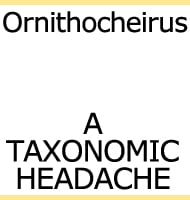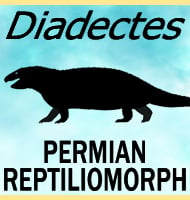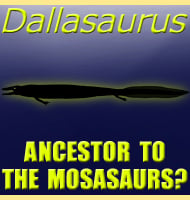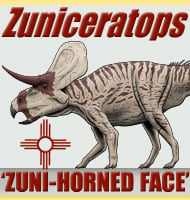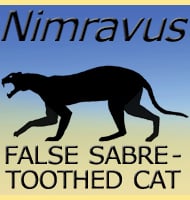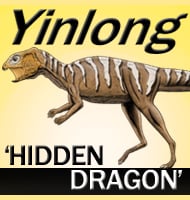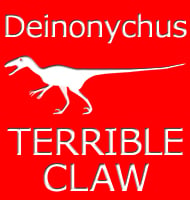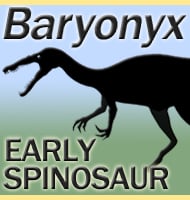In Depth
Pelagosaurus is a genus of thalattosuchian, more colloquially known as a ‘marine crocodile’ that lived in the waters around Western Europe during the early Jurassic. Exactly what kind of thalattosuchian Pelagosaurus is depends upon who you ask, with one group describing the genus as a primitive metriorhynchid, while others state that it is actually a teleosaurid, and this is the opinion that most modern studies go along.
Leaving behind the precise classification of this genus, Pelagosaurus was a fairly fast swimming predator of fish, and this is confirmed by the presence of fish fossils, including the genus Leptolepis within the fossils of some individual Pelagosaurus. Also, while Pelagosaurus had at least some osteoderms, the number and size were greatly reduced when compared to terrestrial (land) crocodiles, showing a development towards faster and more agile swimming over armour.
Pelagosaurus means ‘pelagic lizard’. For those not familiar with the word pelagic, it is basically used to describe an animal that lives in the open sea. However, because Pelagosaurus was a marine crocodile, it would have still needed to return to the land to lay eggs.
Further Reading
- �ber die fossilen Gaviale der Lias-Formation und der Oolithe. - Archiv f�r Naturgeschichte, Berlin 8:77–82. - H. G. Bronn - 1841. - Pelagosaurus (Mesosuchia, Crocodilia) from the English Toarcian (Lower Jurassic). - Neues Jahrbuch f�r Geologie und Pal�ontologie, Monatshefte 1979:475–485. - C. J. Duffin - 1979. - Position syst�matique et phylog�netique du genre Pelagosaurus Bronn, 1841 (Crocodylia, Mesosuchia), du Toarcian d’Europe. - Geobios 13:783–786. - E. Buffetaut - 1980. - Pelagosaurus typus Bronn, 1841 (Mesoeucrocodylia: Thalattosuchia) from the Upper Lias (Toarcian, Lower Jurassic) of Somerset, England. - Journal of Vertebrate Paleontology 26 (3): 621–635. - S. E. Pierce, M. J. Benton - 2006.

